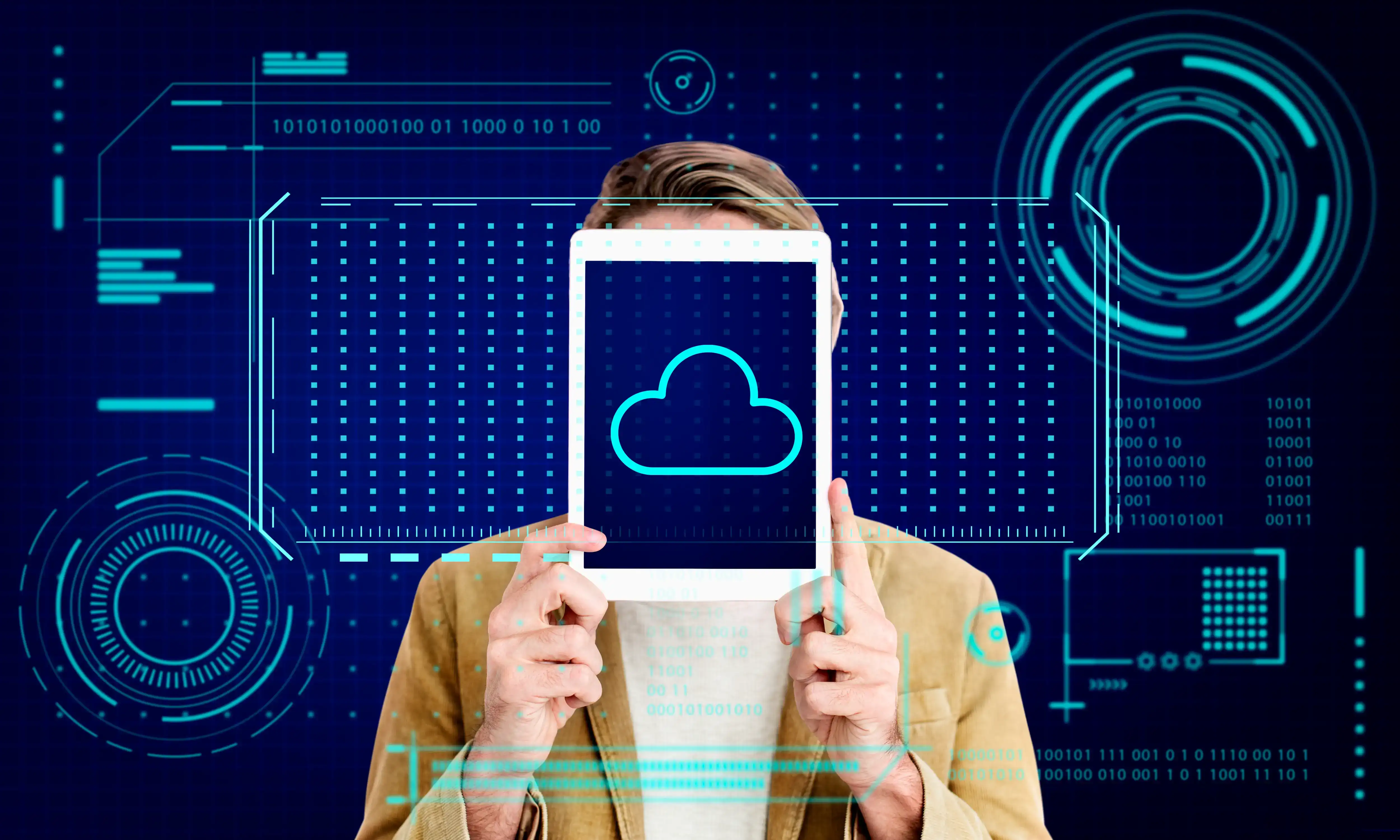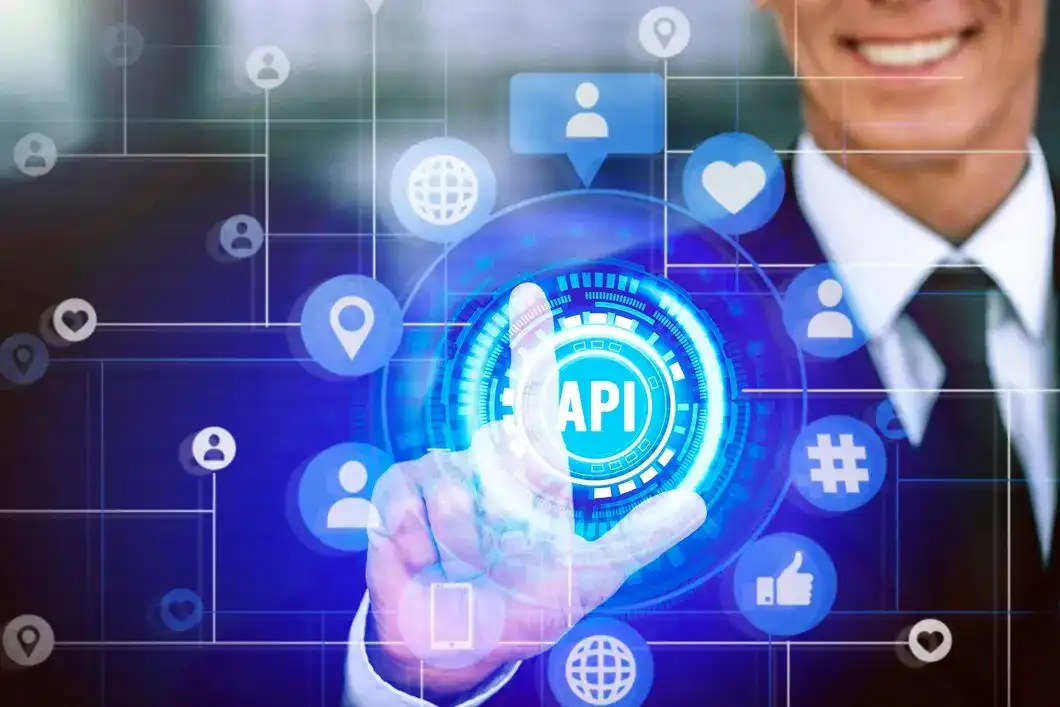Data Privacy Regulations: GDPR & More
Emily Willis

Photo: Data Privacy Regulations: GDPR & More
Navigating the Digital Maze: Understanding Data Privacy Regulations like GDPR and Beyond
In our increasingly interconnected world, data has become an invaluable commodity, driving innovation, powering services, and shaping our daily lives. From online shopping habits to health records, our personal information is constantly being collected, processed, and stored by countless organizations. While this digital exchange offers unparalleled convenience, it also raises significant questions about who controls our data and how it's used. This is where data privacy regulations step in, acting as crucial safeguards in the digital maze.
Understanding these regulations isn't just for legal experts or businesses; it's essential for everyone. These laws empower you with rights over your own information, ensuring that your digital footprint doesn't leave you vulnerable. This article will demystify the world of data privacy regulations, focusing on the landmark General Data Protection Regulation (GDPR) and exploring other significant privacy laws, equipping you with the knowledge to navigate the digital landscape with confidence.
What is Data Privacy and Why Does It Matter to You?
At its core, data privacy (often used interchangeably with information privacy or data protection) refers to the ability of individuals to control who can access their personal information and how it's used. It's about respecting an individual's right to determine the collection, storage, processing, and sharing of their sensitive data. This includes a wide array of information, such as your name, address, email, financial details, medical records, browsing history, and even your location data.
Why is this so critical for you, the everyday individual? In an era where data breaches are unfortunately common and personal information can be exploited for various purposes – from targeted advertising to identity theft – data privacy acts as a shield. It ensures that organizations handle your data responsibly, transparently, and with your consent, preventing misuse and protecting your digital identity. Without robust data privacy, individuals could find their sensitive information exposed, leading to financial fraud, reputational damage, or even discrimination.
GDPR: The Global Standard for Data Protection
The General Data Protection Regulation, or GDPR, is arguably the most comprehensive and influential data protection law globally. Enacted by the European Union (EU) and put into effect on May 25, 2018, the GDPR aims to harmonize data privacy laws across Europe and give individuals greater control over their personal data. Its impact extends far beyond the EU, as any organization worldwide that processes the personal data of EU residents must comply with its stringent requirements.
The Genesis of GDPR
Before the GDPR, Europe had a patchwork of national data protection laws. The digital age, with its rapid advancements in data collection and processing, necessitated a unified and stronger framework. The GDPR was designed to address these evolving challenges, setting a high standard for data protection and privacy rights. It fundamentally shifted the power dynamic, placing the individual, or "data subject," at the center of data control.
Key Principles of GDPR
The GDPR is built upon seven core principles that guide how personal data should be processed:
- Lawfulness, Fairness, and Transparency: Personal data must be processed lawfully, fairly, and in a transparent manner. This means organizations must have a legitimate reason for processing data and be clear with individuals about how their data is being used.
- Purpose Limitation: Data should be collected only for specified, explicit, and legitimate purposes, and not be further processed in a manner incompatible with those purposes. For example, data collected for a specific service should not be used for unrelated marketing without explicit consent.
- Data Minimisation: Organizations should only collect and process personal data that is adequate, relevant, and limited to what is necessary for the stated purpose. This principle discourages collecting data "just in case" it might be useful later.
- Accuracy: Personal data must be accurate and, where necessary, kept up to date. Organizations must take every reasonable step to ensure inaccurate data is rectified or erased without delay.
- Storage Limitation: Personal data should not be kept for longer than is necessary for the purposes for which it was collected. The GDPR recommends establishing time limits for data erasure or periodic review.
- Integrity and Confidentiality (Security): Data must be processed in a manner that ensures appropriate security, including protection against unauthorized or unlawful processing and against accidental loss, destruction, or damage, using appropriate technical or organizational measures. This highlights the critical link between data privacy and data security.
- Accountability: The data controller (the organization determining why and how data is processed) is responsible for, and must be able to demonstrate compliance with, these principles.
Your Rights Under GDPR (The "Data Subject Rights")
One of the most empowering aspects of the GDPR is the comprehensive set of rights it grants to individuals, known as "data subject rights". These rights give you significant control over your personal data:
- Right to be Informed: You have the right to know what data is collected about you, how it's used, how long it will be kept, and whether it will be shared. This information should be provided in a clear, concise, and easily understandable manner.
- Right of Access: You can request a copy of any personal data an organization holds about you.
- Right to Rectification: If the data an organization holds about you is inaccurate or incomplete, you have the right to have it corrected or updated without undue delay.
- Right to Erasure ("Right to be Forgotten"): In certain circumstances, you can request that an organization delete your personal data. This applies when the data is no longer necessary for its original purpose, you withdraw consent, or the data has been unlawfully processed.
- Right to Restrict Processing: You can request that an organization limit the way it uses your personal data in certain situations, such as when you contest its accuracy or object to its processing.
- Right to Data Portability: This right allows you to obtain and reuse your personal data for your own purposes across different services. You can request your data in a structured, commonly used, and machine-readable format, and even have it transmitted directly to another organization.
- Right to Object: You have the right to object to the processing of your personal data in certain circumstances, including direct marketing.
- Rights in Relation to Automated Decision Making and Profiling: You have the right not to be subject to a decision based solely on automated processing, including profiling, if it produces legal effects concerning you or similarly significantly affects you.
Actionable Tip: To exercise these rights, most organizations provide a dedicated privacy policy or a contact point. Look for sections like "Your Privacy Rights" or "Data Subject Request" on their websites. Be prepared to verify your identity to ensure your data's security.
Beyond GDPR: A Look at Other Major Privacy Regulations
While the GDPR set a global benchmark, it's not the only significant data privacy regulation. Many countries and regions have followed suit, enacting their own laws to protect their citizens' personal data, often inspired by GDPR principles.
CCPA (California Consumer Privacy Act) and CPRA
In the United States, the California Consumer Privacy Act (CCPA), which took effect on January 1, 2020, was the first comprehensive data privacy law at the state level. It grants California residents specific rights regarding their personal information. The CCPA has since been expanded and amended by the California Privacy Rights Act (CPRA).
Key similarities and differences between CCPA/CPRA and GDPR include:
- Scope: Both laws have an extraterritorial reach, meaning they apply to businesses outside their respective geographies if they process data of EU residents (GDPR) or California residents (CCPA/CPRA).
- Consent Model: A primary difference lies in their approach to consent. The GDPR generally requires explicit "opt-in" consent before collecting and processing personal data. In contrast, the CCPA/CPRA largely adopts an "opt-out" model, requiring businesses to make it possible for consumers to opt out of the sale or sharing of their personal information.
- Data Definition: While both broadly define personal data, the GDPR covers any data linked to an identifiable person, whereas the CCPA/CPRA is specific to consumer, device, or household information in California.
- Rights: Both grant rights like access, deletion, and knowing what data is collected. However, the CCPA/CPRA specifically grants the right to opt-out of the sale of personal information, a strong focus given California's market.
Other Emerging Regulations
The
Latest ✨
View AllUnlock business success! Learn why User Experience (UX) is crucial for boosting customer loyalty, impacting your bottom line, and strengthening your brand.
Emily Willis
Découvrez comment trouver une assurance auto pas chère sans sacrifier la qualité. Notre guide 2025 vous offre astuces, comparatifs et conseils d'experts pour économiser intelligemment.
Emily Willis
issue of bullying in schools, its impact on children's well-being and learning, and effective strategies to create a culture of respect and safety within schools. It explains the different types of bullying, signs to look out for, and ways to intervene early. It emphasizes the importance of clear anti-bullying policies, open communication, bystander intervention training, and social-emotional learning programs.
Emily Willis
Modern HR is key to business success. Explore best practices for cultivating an engaged, thriving workforce that drives innovation & profitability.
Emily Willis
Business
View All
June 9, 2025
Emerging Technologies: Stay AheadUnlock the power of emerging tech like AI & Blockchain. Learn to adapt & thrive in a rapidly changing world with this essential guide.
Emily Willis

August 5, 2024
Tips for Finding the Right and Profitable Business Ideasteps to finding a profitable business idea, including understanding your passions and skills, solving problems, conducting market research, finding a niche, leveraging your network, brainstorming, testing and validating your idea, staying updated on trends, evaluating market potential, validating your idea with customers, evaluating financial viability, protecting intellectual property, seeking guidance and support, and being prepared to adapt and evolve.
Emily Willis

June 9, 2025
Business Automation Saves TimeReclaim your time! Discover how business automation eliminates repetitive tasks, boosts productivity, and drives growth for your business.
Emily Willis
Economy
View AllDemystify interest rates! Learn how they impact your loans, savings & wealth, and make smarter financial decisions in a changing economy.
Read MoreUnlock the power of capital markets! Learn how these vital financial ecosystems drive economic growth & business expansion by connecting capital to innovation.
Read MoreExplore oligopoly: where few powerful firms dominate markets. Learn their strategic interdependence, high barriers to entry, and profound impact on major indust...
Read MoreEntertainment
View All
August 4, 2024
The Latest Music Trends, Artists Influencing Pop Culture, and How Digital Platforms Facilitate the Distribution of Music GloballyThe music industry is constantly changing due to consumer preferences, technology, and the influence of artists. Digital platforms have revolutionized music creation, distribution, and consumption, leading to genre fusion, the rise of independent artists, and collaborative projects. Influential artists like Billie Eilish, BTS, and Taylor Swift have shaped pop culture globally. Streaming services, social media, and direct-to-fan engagement have transformed music distribution. Digital platforms also promote cultural diversity and inclusivity, expand markets and revenue, and drive technological advancements. The industry is also focusing on sustainability and ethical practices. To succeed in the future, stakeholders must embrace digital transformation and champion inclusivity.
Emily Willis

August 5, 2024
Fandom's Power: Passionate Communities and Cultural ImpactFandoms are dedicated groups of fans who come together around a shared love for a book series, movie franchise, or other interest. They provide a sense of belonging and community for individuals, particularly those who may feel like outsiders in their everyday lives.
Emily Willis

August 5, 2024
Arts Education's Importance: Nurturing Creativity and Fostering ExpressionArts education is often overlooked in a world focused on standardized tests and STEM subjects, but it plays a vital role in nurturing creativity, self-expression, and essential skills in students. Arts education allows students to unleash creativity, build confidence, improve communication and collaboration skills, develop critical thinking and problem-solving abilities, increase cultural awareness and appreciation, and enhance emotional intelligence.
Emily Willis
Health
View Allsleep for physical and mental well-being, discussing the benefits of sleep such as physical restoration, brain function, emotional regulation, concentration, and reduced risk of chronic diseases. It explains the different stages of the sleep cycle and provides guidelines for how much sleep individuals of different ages need.
Emily Willis
our minds are often overwhelmed with information and stimuli, leading to stress and anxiety. Mindfulness and meditation offer tools to cultivate inner peace and well-being. Mindfulness involves being present in the moment without judgment, while meditation involves focusing attention on an object or thought.
Emily Willis
Heart disease is a leading cause of death globally, but early detection and prevention strategies can reduce its impact. This article discusses the importance of early detection, common risk factors, preventive measures, and lifestyle changes for heart health. Understanding heart disease, recognizing symptoms, and undergoing regular screenings are crucial. Common risk factors include high blood pressure, high cholesterol, diabetes, smoking, obesity, physical inactivity, and family history. Symptoms of heart disease include chest pain, shortness of breath, fatigue, irregular heartbeat, and swelling. Diagnostic tests and screenings include blood pressure measurement, cholesterol screening, blood glucose test, ECG, stress test, and imaging tests. Preventive measures include adopting a heart-healthy diet, regular physical activity, quitting smoking, managing stress, maintaining a healthy weight, and limiting alcohol consumption. Medications and treatment options may be necessary for individuals at high risk or diagnosed with heart disease.
Emily Willis
Trending 🔥
View All
1
2
3
4
5
6
7
8
9
10
Sports
View AllAugust 4, 2024
Sports Technology Innovation: Revolutionizing Training and Performance Analysis
Read MoreAugust 5, 2024
Sportsmanship in the Spotlight: Cultivating Respect, Integrity, and Ethical Behavior
Read MoreTechnology
View All
August 5, 2024
Tips for Implementing Cloud Computing Safely and Efficiently
Cloud computing is essential for modern businesses, offering cost savings, scalability, and improved collaboration. Implementing cloud computing requires careful planning to ensure safety and efficiency. Tips for safe and efficient implementation include conducting a needs assessment, choosing the right cloud service model, prioritizing security, planning for data migration, optimizing costs, training your team, implementing backup and recovery solutions, monitoring performance, planning for scalability, and staying updated with industry trends.

August 4, 2024
The Future of Artificial Intelligence: Opportunities and Challenges
opportunities and challenges presented by Artificial Intelligence (AI) in various sectors such as efficiency, customer experiences, healthcare, education, and economic growth. It highlights the need to address ethical considerations, job displacement, privacy issues, security risks, and regulatory challenges associated with AI.

August 5, 2024
What is Blockchain and How does it Work?
Blockchain technology is a decentralized digital ledger that records transactions securely and transparently across multiple computers. Key concepts include decentralization, cryptographic security, and consensus mechanisms. Transactions are verified, grouped into blocks, and added to the blockchain through a consensus process.

August 5, 2024
How IoT is Changing the Way We Live and Work
The Internet of Things (IoT) is revolutionizing daily life and professional environments by connecting devices to the internet, allowing for communication, data collection, and autonomous task performance. IoT is transforming homes, workplaces, healthcare, and transportation by enhancing convenience, efficiency, and safety.





















